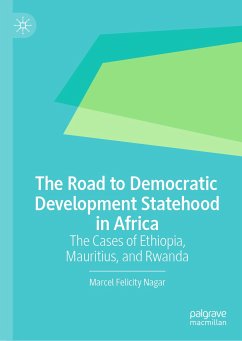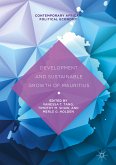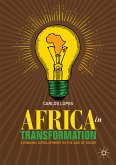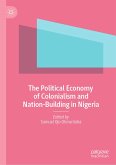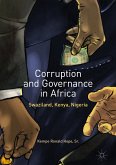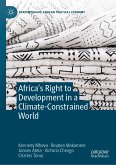-Chris Landsberg, Professor and SARChI Chair of African Diplomacy and Foreign Policy at the University of Johannesburg, South Africa
"At a time when democratic reversals and autocratic democracy are on the increase, at a time when people are losing faith in the democratic process due to the disconnect between democracy and inclusivedevelopment, Marcel Nagar's book provides an insightful contribution to understanding how a Democratic Developmental State can be built in Africa. The unique contribution of the book lies in the recognition that the state must be embedded in society before it can foster democracy and development."
-Samuel Ojo Oloruntoba, Visiting Professor, Institute of African Studies, Carleton University, Ottawa, Ontario, Canada
This book interrogates Africa's pursuit of the Democratic Developmental State model by drawing on the experiences of Mauritius, Ethiopia, and Rwanda. It comprises of five parts: Part I, consisting of two chapters, outlines the key conceptual and theoretical approaches used throughout the book's discussions. The proceeding parts II, III and IV critically analyses the three case studies under review. Each part is subdivided into two chapters wherein a historical state-societal approach is employed in interrogating the extent to which Mauritius, Ethiopia, and Rwanda have been able to successfully achieve democratic development, on the one hand, and, conversely, inclusive economic growth and development, on the other. Part V, and Chapter 10 in particular, debuts the concept and model of the Developmental Civil Society (DCS). The DCS serves as a theoretical bridge designed to respond to the challenges which African states face in the full application of the Democratic Developmental State model.
Marcel Felicity Nagar is a Postdoctoral Research Fellow at the NRF SARChI Chair: African Diplomacy and Foreign Policy at the University of Johannesburg, South Africa. She holds a DLitt et Phil in Political Studies from the University of Johannesburg, and her research interests include Democratic Developmental States and African Political Economy.
Dieser Download kann aus rechtlichen Gründen nur mit Rechnungsadresse in A, B, BG, CY, CZ, D, DK, EW, E, FIN, F, GR, HR, H, IRL, I, LT, L, LR, M, NL, PL, P, R, S, SLO, SK ausgeliefert werden.

